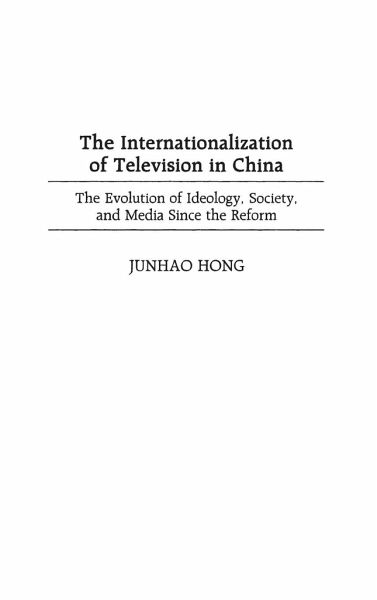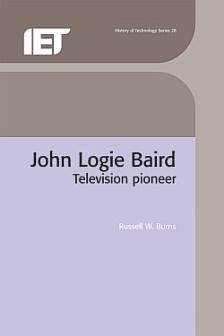
The Internationalization of Television in China
The Evolution of Ideology, Society, and Media Since the Reform
Versandkostenfrei!
Versandfertig in 1-2 Wochen
69,99 €
inkl. MwSt.

PAYBACK Punkte
35 °P sammeln!
Professor Junhao Hong provides the first systematic study of China's television, the largest and one of the most complicated television systems in the world. China's television represents a highly complicated communication system, a powerful ideological machine, and a unique social manifestation. As Professor Hong illustrates, during the past 20 years, since the country's reform, television has experienced tremendous changes. While many studies of media globalization attribute the phenomenon mainly to external factors-new technologies, global capital flows, and quality production of Western pr...
Professor Junhao Hong provides the first systematic study of China's television, the largest and one of the most complicated television systems in the world. China's television represents a highly complicated communication system, a powerful ideological machine, and a unique social manifestation. As Professor Hong illustrates, during the past 20 years, since the country's reform, television has experienced tremendous changes. While many studies of media globalization attribute the phenomenon mainly to external factors-new technologies, global capital flows, and quality production of Western programming-Hong argues that in many countries internal factors, such as government policy and the evolution of society, play decisive roles for change. Based on firsthand data and interviews with China's high-ranking officials and policymakers this study will be of considerable value to scholars and researchers dealing with mass media/television issues in the developing world and with contemporary China.












